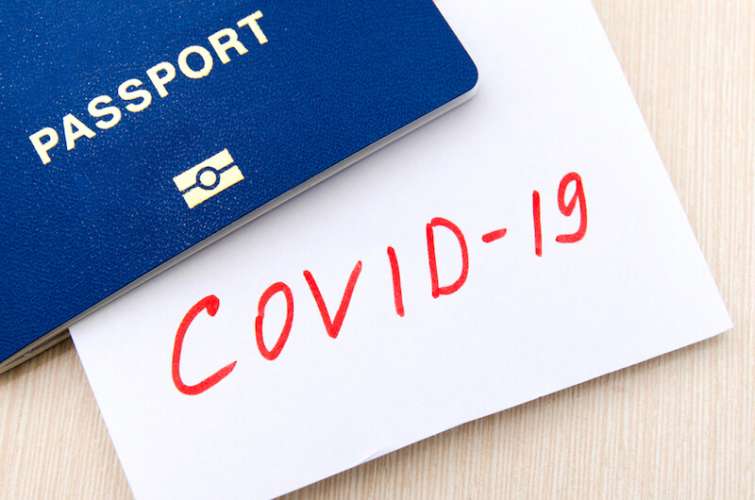You may know all about the fundamentals of Citizenship by Investment, but a crucial yet often overlooked part of its procedure is the role of Authorised Agents. They act as intermediaries between investors and the citizenship unit of a country’s government.
However, despite the vital contribution of Authorised Agents in facilitating this stream of foreign investment, the number that can carry out this role has been shrinking, with a 70% decline in the last two years. Here we explore this drop in Authorised Agents and what it means for future investments into countries that have supported investment migration initiatives in the past.
What do Authorised Agents do?
As we explain in a separate article, Authorised Agents are licensed by a country’s CBI unit to carry out citizenship services for applicant investors. All legitimate applications must be processed through such agents, and to qualify for this authorisation in Dominica, the agency must operate within Dominica and thus submit to its jurisdiction. There is also a fee of US$7,500 to apply for approval.
The Agent’s primary role is to liaise with government citizenship departments with regards to every CBI application, as well as to receive and implement guidance issued by the CBIU. They support applicants in an advisory capacity when completing all forms and requirements, offering translation and certification, and performing background checks on all applicants.
Why are their numbers falling?
The pandemic
The reasons behind the global picture are complex. One could look at the total fall in citizenship applications over the last two years as a result of Covid-19’s impact on investor mobility. When demand for applications falls in general, the number of accredited agencies will also be reduced, and many firms may not be able to sustain their citizenship services. In the Caribbean, notably, St Kitts has removed the licence from 18 accredited agents over the last year.
Declining CBI schemes
Yet while it is true that the first net decrease in accredited firms reported came two months after the beginning of the pandemic, this may only tell us part of the story. In fact, the general drop in CBI programmes is less to do with reduced demand, but more a fall in supply. In Europe, 611 agents in Cyprus were taken out of the picture as they withdrew their CBI programme altogether.
Moldova similarly ended its scheme in early 2021, taking nine agencies out of the running. In Malta, 88 firms suspended citizenship services, taking the total number of accredited agencies from 125 in August 2020 to just 37 in March 2021. However, this is not just about specific countries suddenly taking their CBI schemes off the table, but also a more general shake-up in how these programmes are designed.
New authorisation rules
CBI units mandate that all agencies who can legitimately assist in the citizenship process meet authorisation requirements. In recent years, new and more rigorous vetting measures have been introduced, such as further due diligence and KYC (know-your-client) checks.
This has also involved some countries going back to the drawing board. Governments have increased their focus on identifying who is eligible for authorisation, and asking those who have failed to flag up inconsistencies — and the more dubious applications from prospective investors — to reapply for their licence.
What does the future hold for Authorised Agents?
In 2022 and beyond, we may be looking at significantly updated CBI systems worldwide, with a host of new regulations to make these programmes more transparent and secure. A recent non-binding initiative from the EU called for more stringent background checks across citizenship programmes. The US has echoed this desire, which suggests that more attention will be paid to how residency and CBI schemes are currently implemented on a global scale.
Greater measures to enhance the security and legitimacy of the application process are certainly welcome, as it allows not just for greater oversight but also autonomy for Authorised Agents who can become more efficient and transparent in their operations. A likely consequence of this is that the levels of Authorised Agents will decrease further initially, as governments and citizenship units may similarly re-assess the current framework. In turn, this means firms currently performing these services will have to re-apply for proper accreditation.
That said, there are signs that the demand for CBI seems to now be back on its way up post-pandemic. Therefore, as more individuals pursue this route for its international travel perks, the relationship between agents and governments will necessarily evolve. So long as countries rightly continue trying to make the relationship between foreign investment and regulations more sustainable, the situation may well remain fluid.
Source: cbiu.gov.dm





